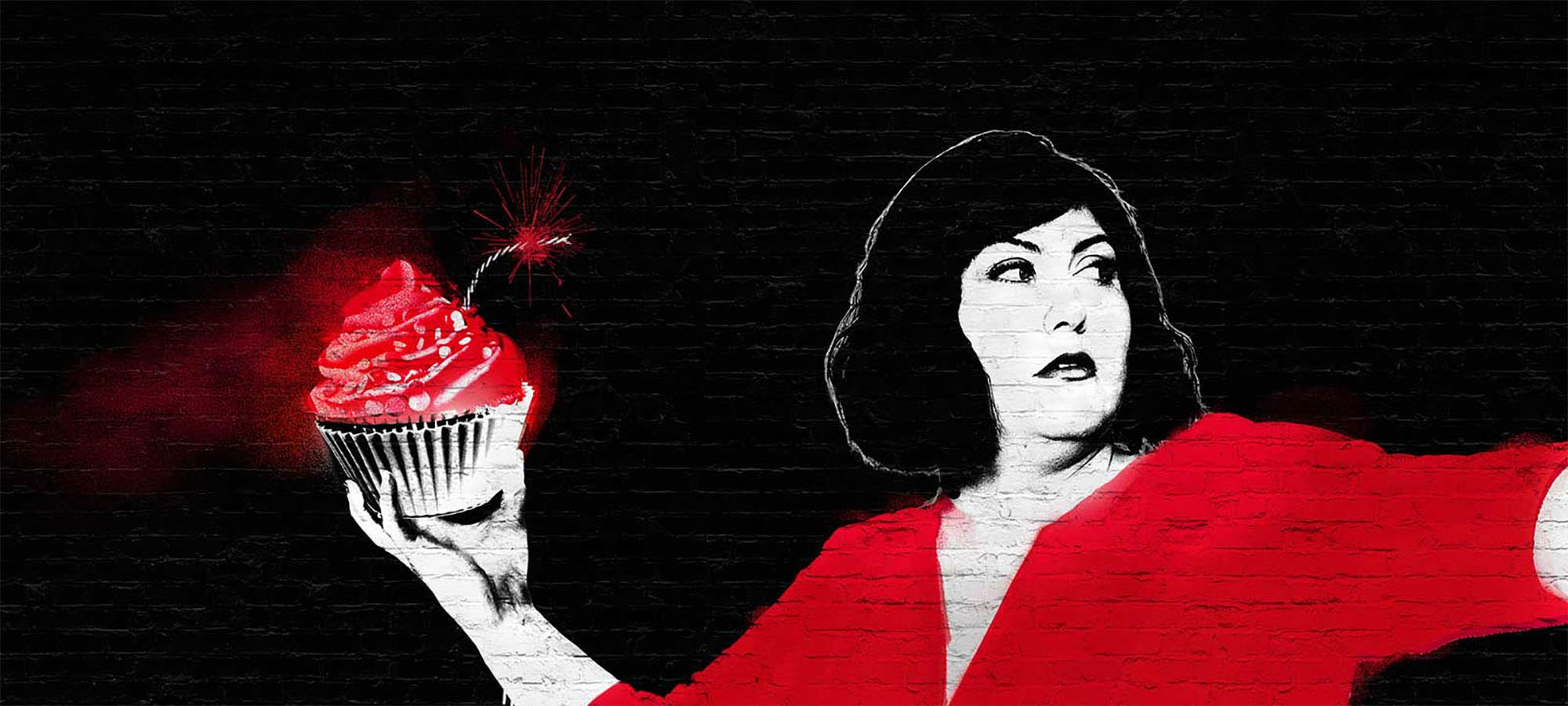
Women without weight: Strong female characters in ‘Dietland’?
Marti Noxon’s latest TV show for AMC, Dietland, holds some potential as a wry female-led satire offering some timely messages and razor sharp humor, but it also features two lead female characters who aren’t exactly sitting too well with us.
The story is centered around Plum Kettle (Joy Nash), a ghostwriter for a glossy magazine on a quest to lose weight while also struggling to become a serious and well respected journalist. Plum wants to be a great writer but her main objective is to lose enough weight that she can then get surgery to keep the weight off.
As IndieWire described her, “Though her friends and family are against it, Plum dreams of a life where she’s not constantly hungry and constantly being objectified by everyone outside her neighborhood’s safe ‘bubble.’”
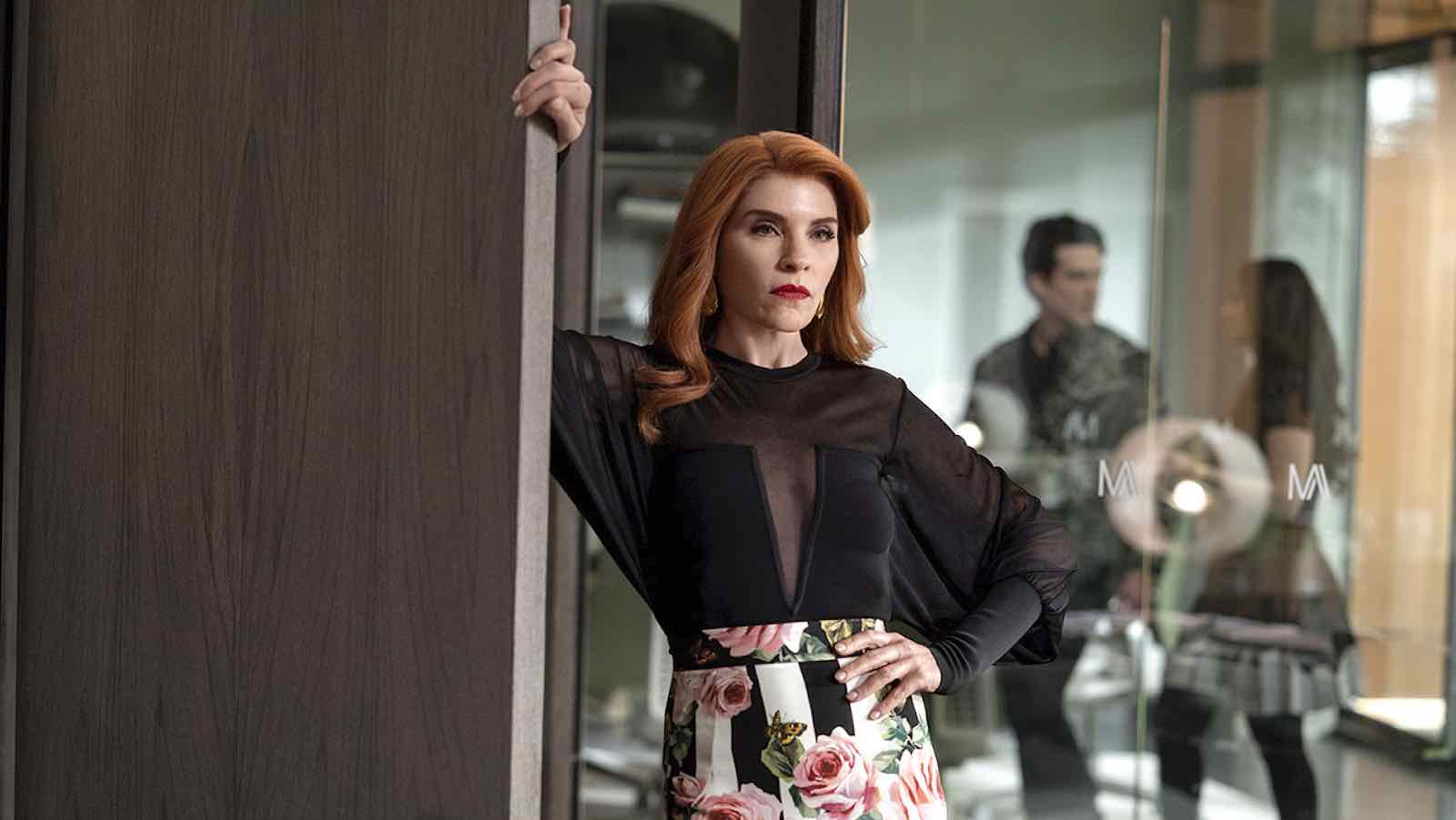
In its review of Dietland, Refinery29 pointed out the show takes too simplistic an approach in its delivery of a “plus-size”character absolutely hating the way she looks.
“If Dietland were to skewer the problematic factors creating this kind of self-loathing in women, it would be one of the best new shows of the summer. Rather, the dramedy seems to lightly poke fun at the systems working to ruin Plum’s self esteem, while also taking her self-hatred at obvious face value, as if everyone who looks like Plum detests their body.”
It’s disappointing to see a potentially radical character undermined in this manner when Dietland has a superb opportunity to focus its barbs more upon why women feel this way about their bodies rather than actively exploring how women hate themselves.
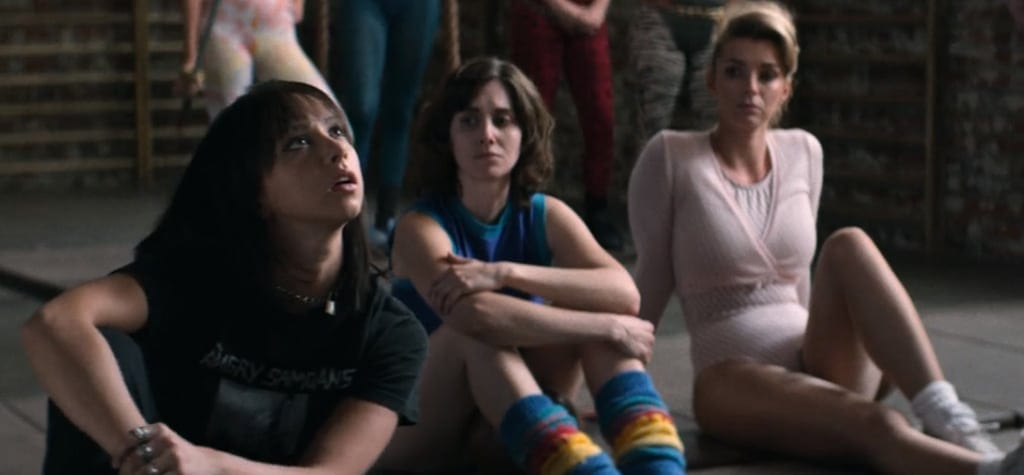
By comparison, though the show is tonally different, there’s something profound and refreshing about the way a show like GLOW approaches the way women think of their bodies. While Dietland suggests being a specific size and shape is the only way for this particular woman to fit in and find success and happiness within society, GLOW suggests there is no specific size or shape that will provide either to women.
Ultimately, it’s mental, emotional, and physical strength that sees these female characters discovering the things they’ve been looking for in life. That means the show is also thankfully remiss of women fearing how their bodies will look in form-fitting spandex or judging each other’s appearance.
Instead, Ruth (Alison Brie), Sheila the She-Wolf (Gayle Rankin), Carmen (Britney Young), and Tammé (Kia Stevens) train to the best of their abilities and kick ass because of it.
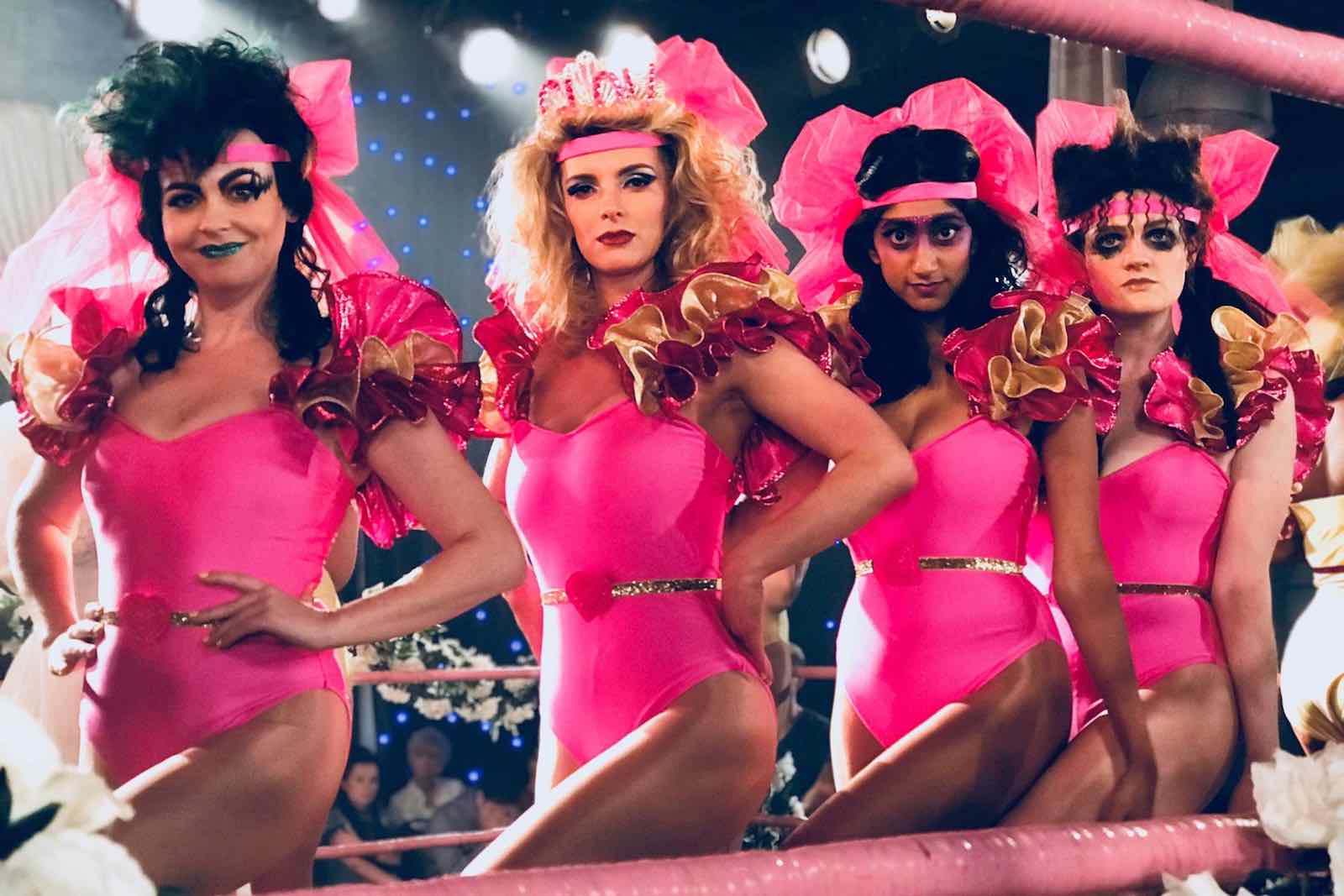
On the other side of the “strong female character” spectrum in Dietland is Plum’s editor Kitty Montgomery (a deliciously camp Julianna Margulies) who is essentially yet another Miranda Priestly clone crafted from whatever clay was leftover from The Devil Wears Prada.
Kitty is that most irksome of powerful woman tropes: the icy, heartless boss who would rather utilize her power to shame, abuse, and humiliate her staff than to inspire and support them. Which is fine for most trashy shows (Who doesn’t love a good bitch?) but in Dietland the character is a little more than a lazily crafted villain who exists to make Plum feel terrible about herself.
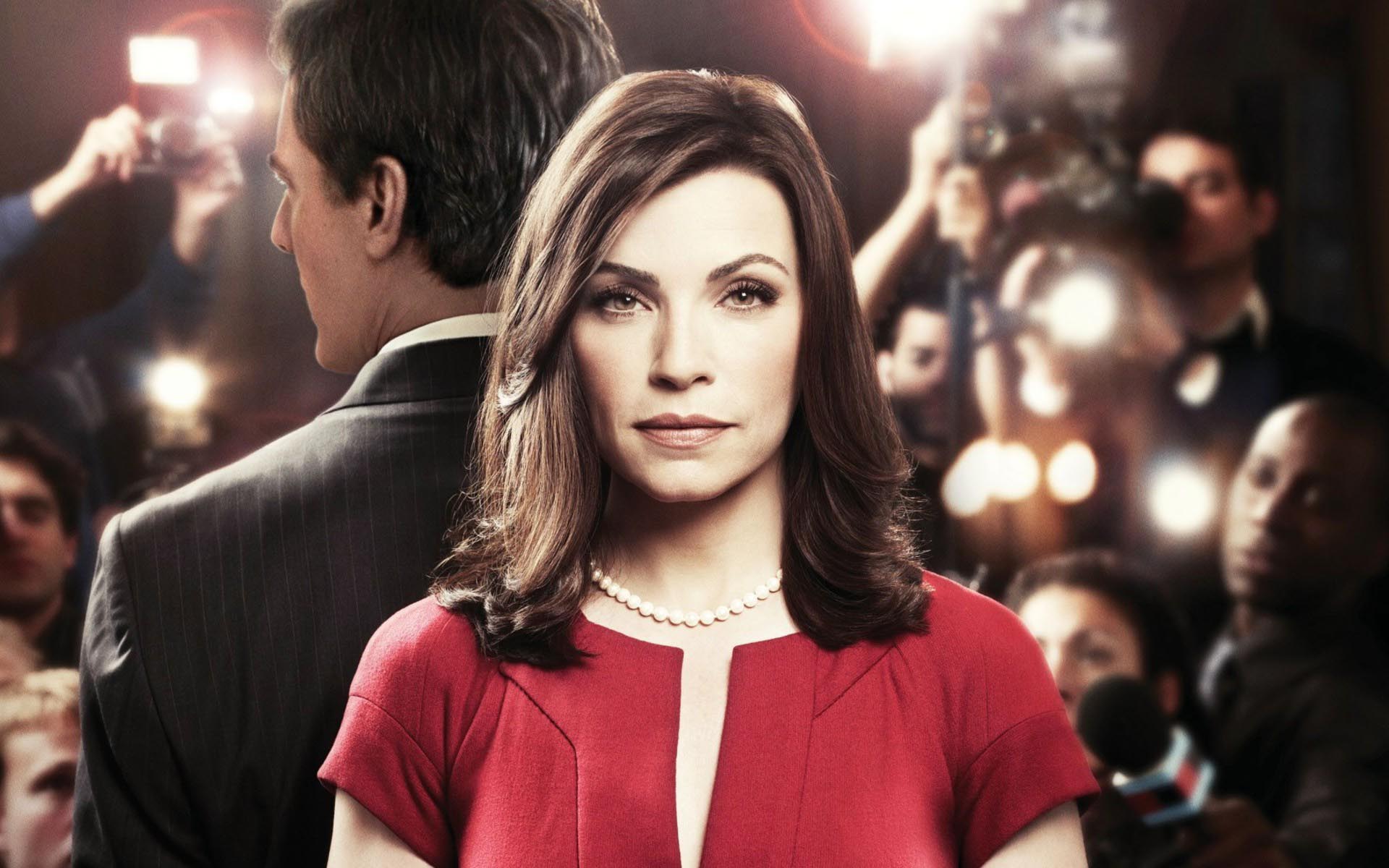
Currently, the character shows only one shade of villain. Kitty is one-dimensional and cruel the way all Disney stepmothers are – complete with a wickedly killer outfit – but she deserves to be fleshed out and balanced.
There’s a terrifically satisfying antihero waiting in the wings of the evil castle that currently makes up Kitty’s character and we want to see it. Killing Eve delivered one of the best female antiheroes seen on TV in recent years in the form of killer Villanelle (Jodie Comer) who is as dark and monstrous as she is alluring and fascinating.
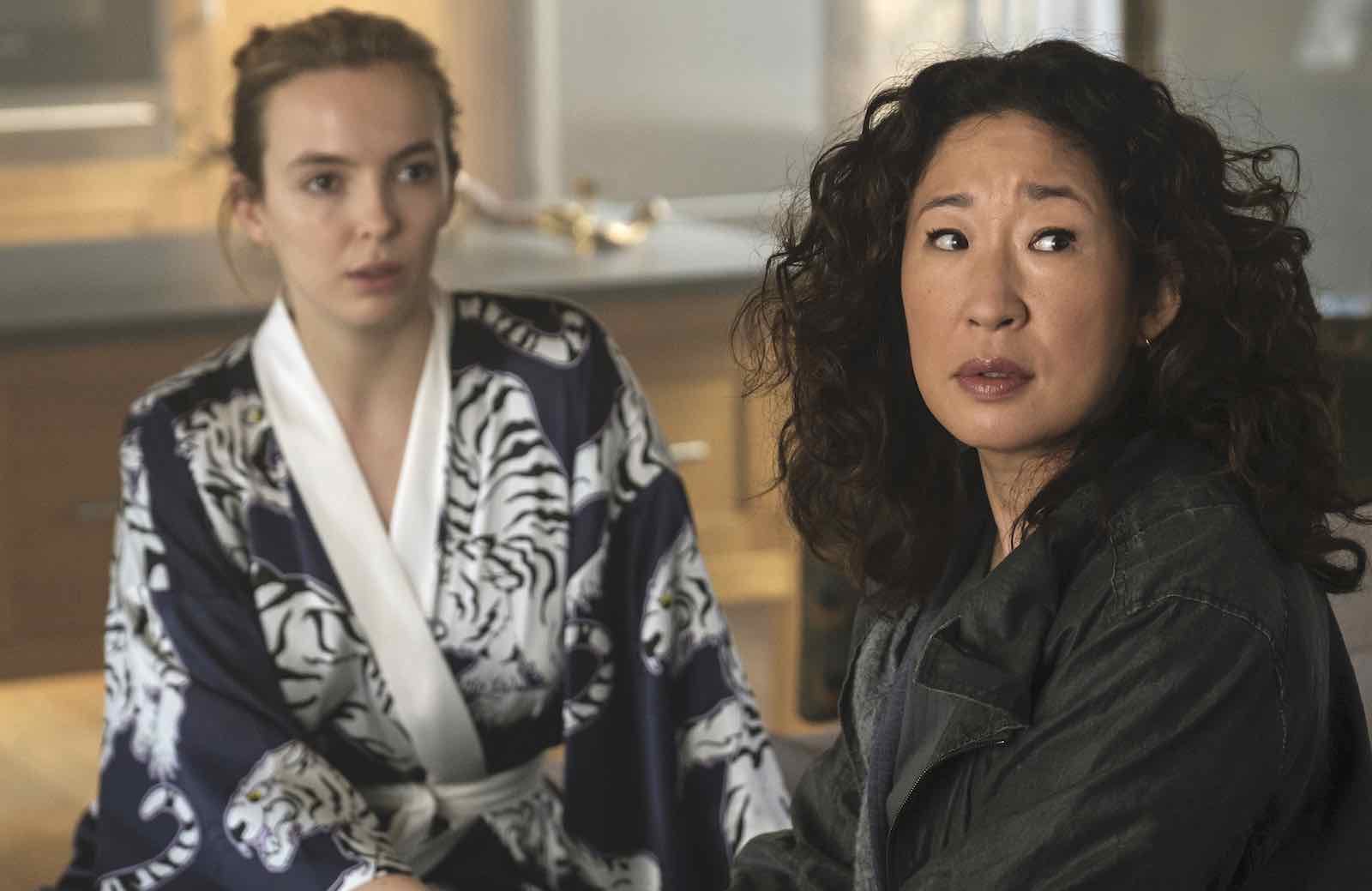
While the relationship between Plum and Kitty appears to be little more than callous and hateful, it could (and should) be as deep and complex as that between Eve (Sandra Oh) and Villanelle. Their adversarial relationship is caustic and destructive but it also exists in a strange limbo where admiration meets rivalry.
Here are two powerful women figuring out ways to survive and destroy each other who nonetheless share a bold and fascinating connection. No such chance of that in Dietland where Kitty exists only to snipe and emotionally disfigure Plum and where her sense of power is essentially shorthand for her being a very bad lady.
It’s disappointing because so many other shows do a fantastic job of suggesting that powerful women can actually be cool and not just wield their strength for cruel kicks and that (brace yourselves) multiple powerful women can even get along without tearing each other down.
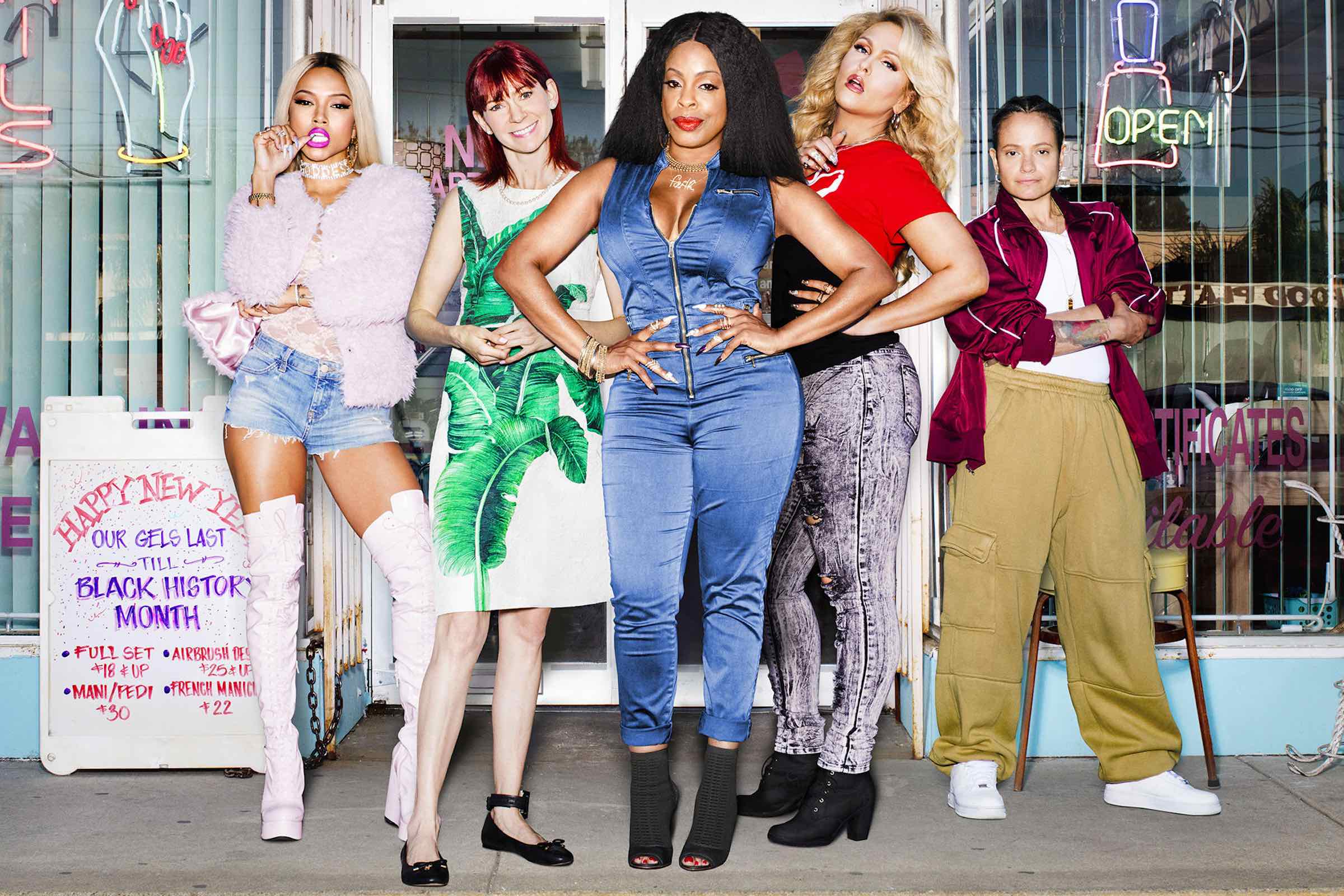
For instance, in Claws the power harnessed by Desna (Niecy Nash) is shared among her girls so that they too can succeed and be as strong as she fights to be. Likewise, Good Girls sees its three main besties (played by Mae Whitman, Christina Hendricks, and Retta) supporting each other to become powerful, kick ass, and to get what’s theirs.
Sure, there’s a “feminist” terrorist group in Dietland that you could argue are doing something roughly similar to the criminal exploits of the Claws and Good Girls squads – particularly in their recruitment of Plum – but it’s a different kind of power being wielded. It’s underground and out of sight when it should be as upfront and as bodacious as Kitty is with her own power.
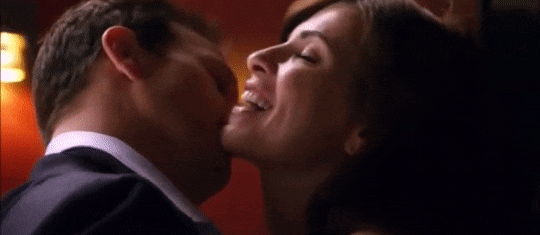
Diane Lockhart (Christine Baranski), the tenacious and powerful attorney of The Good Wife and The Good Fight (who also knows how to share her power with other women), once said, “Women aren’t just one thing.” She’s right.
But in Dietland they’re sadly reduced to just one thing – their body, their power, their feminism, their job – when they should be so much more. Hopefully as Dietland progresses so do the characters, but for now the show offers something we don’t particularly want on our plates.



